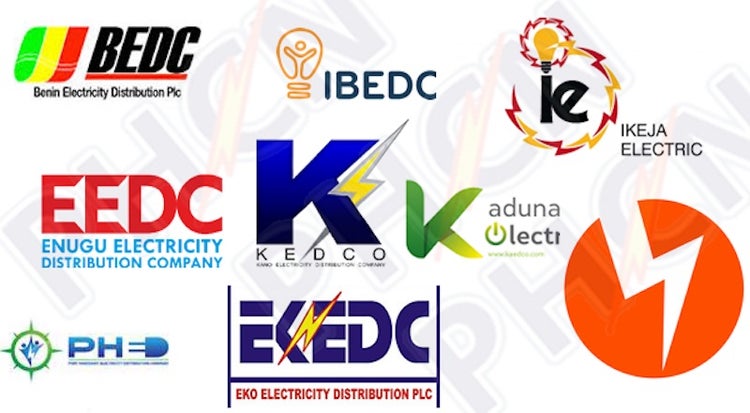The federal government and the power distribution companies (Discos) are working towards signing a fresh performance improvement agreement that is expected to lead to an improvement in power supply in the country.
The agreement expected to be signed before June this year, would outline the expectations from both the government and the power sector investors, so as to know who to hold accountable whenever any of the parties doesn’t perform.
The Chairman of Ikeja Electric, Mr. Kola Adesina, who disclosed this during an interactive session with journalists in Lagos, at the weekend, said the agreement would be for an initial period of five years.
He explained: “The government has constituted a body, they are reviewing the document and the hope is that by the middle of this year, we would have a sign off on the performance improvement programme.
“So, we are signing another performance improvement plan agreement with the regulator. This new agreement is flowing from the power sector recovery plan.
“So, we now have a roadmap that we are now creating. So, in that roadmap, the expectation is that the government would play its own part, the critical success factors would be made available by government, then we can be held accountable for our performance or lack of performance in the future.
“But the key thing is that those things we need – the oxygen we need, the lifeline we need, the blood we need, would have been made available – then they can now ask us to run without tying stones on our feet, would no more be there. But as it is today, we are running a race with stones tied around our feet.”
Adesina, reiterated the need for a cost-reflective tariff in the sector. He called for a change in orientation among electricity consumers, saying, “they need to know that this electron is not a national cake.”
The Sahara Energy boss added: “Once government steps in into the pricing of a commodity that is required for the success of that nation, for the prosperity of the nation, from an intervention or subsidy perspective, you have just introduce a distortion into the system.
“Now, to cure that distortion, is a bit of work, which is the reason why we are all arguing today why things are not working and why exactly desperate measures are required.
“Now, when you look at the United Kingdom (UK), the UK had exactly the same structure like Nigeria, until Margaret Thatcher stepped in.
“If you recall from history, it was a bit of a problem. The same uproar, the same noise was made by the British, but the woman insisted, that no, I am going to do it and I am going to do it well, today, electricity supply is different in the UK, nobody is talking about supply of power any more.
“That was because they went through that transition, it was tedious, it was rough, it was challenging, but they were able to overcome those teething problems and today they are supplying electricity in an uninterrupted manner.
“Let me take a step backward, for any nation that truly has the desire to generate, transmit and distribute 26,000megawatts, what you should actually be producing should be about 30,000 megawatts.”
He also argued that the regulator of the sector should be left to be independent.
“The regulator must be left to be independent, and given free hand to take decision within the law. The law has specified what the regulator is meant to do, let them do what they are meant to do.
“Let there be very little political interference in regulation. All that government needs to do is from the policy making perspective and let policy making be consistent with where we are and what we need to do to take us to where we are going.
“You can’t have policy statements that suggest that we are going backward, as investor’s confidence is badly shaken, not only in the power sector but generally” he added.
He pointed out that there is an ongoing collaboration between the Ikeja Disco and Eko Disco, being spearheaded by the Lagos State government, to improve power supply in the state, so as to enhance productivity.
“The Lagos state government has a sense of determination and urgency around electricity,” he said.
Source: THISDAY












